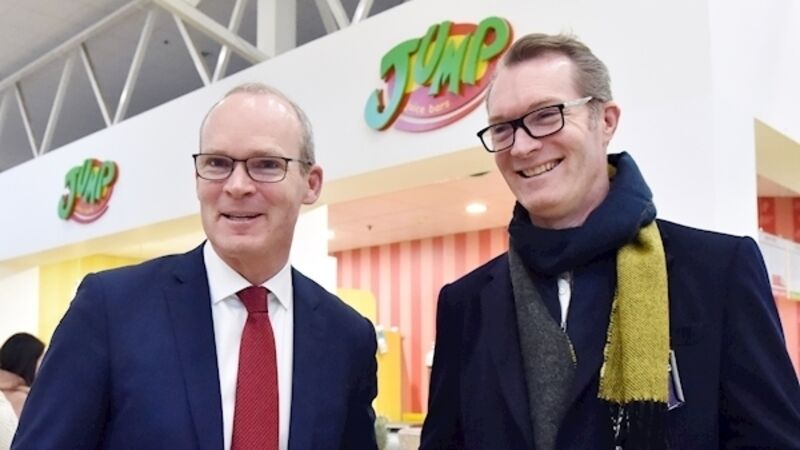Alison O'Connor on the Canvass: Voters in Cork quiz Tánaiste on pensions, homelessness and crime

joined Simon Coveney as he canvassed at Douglas Court shopping centre in Cork over the weekend.
Simon Coveney has a good laugh when asked if he might now legitimately be viewed as an “emotional support Tánaiste” to the self-confessed poor expresser of emotions that is his boss the Taoiseach Leo Varadkar.
















